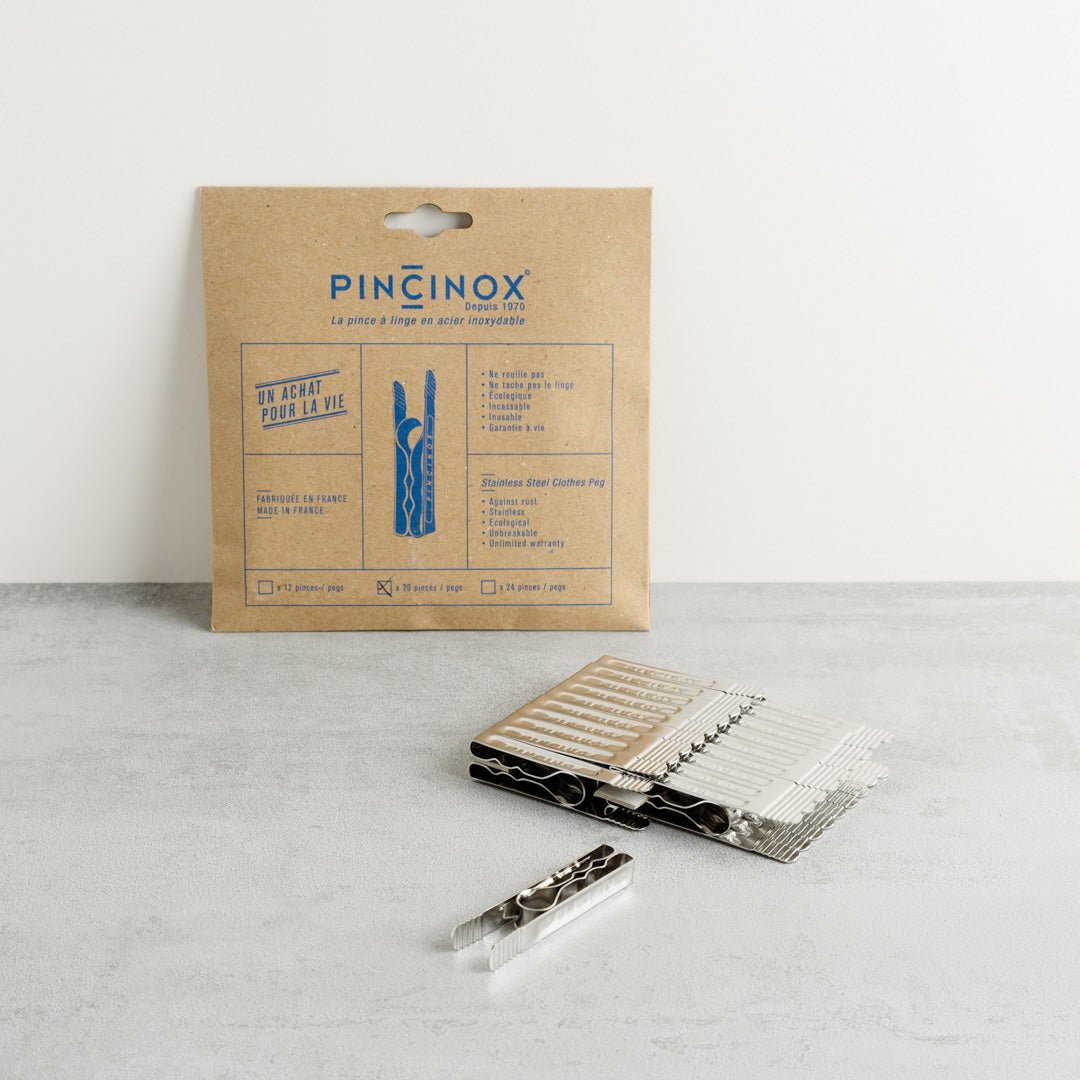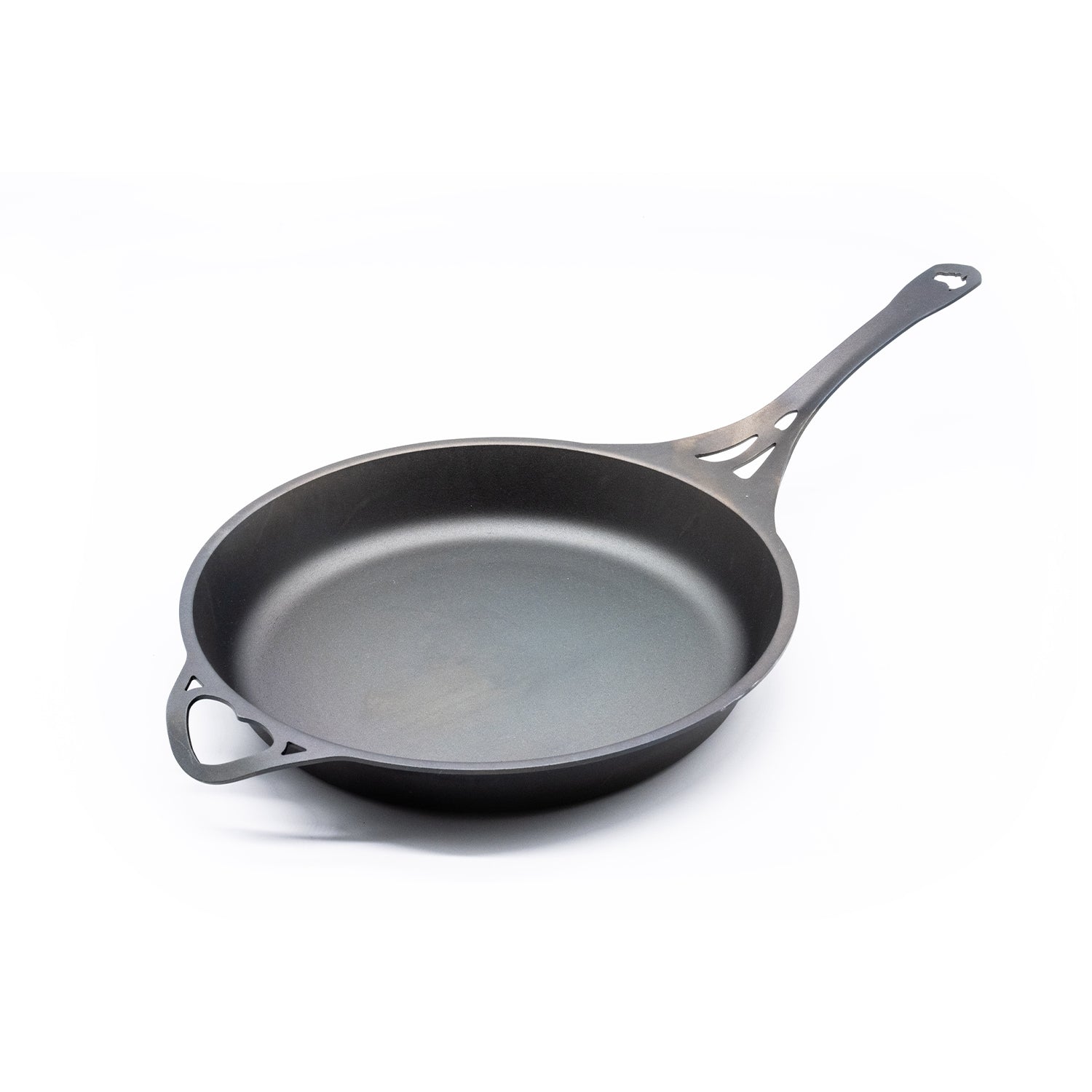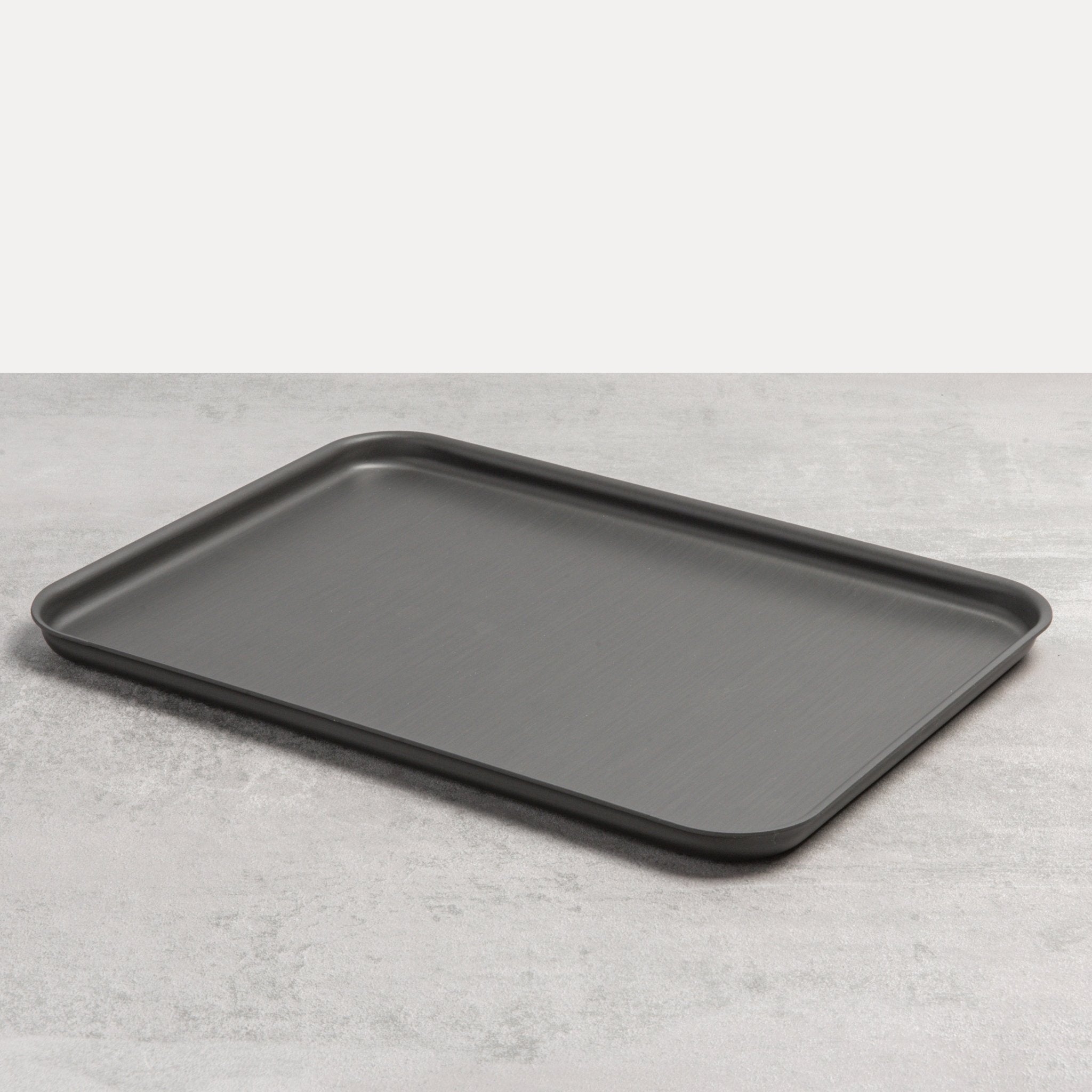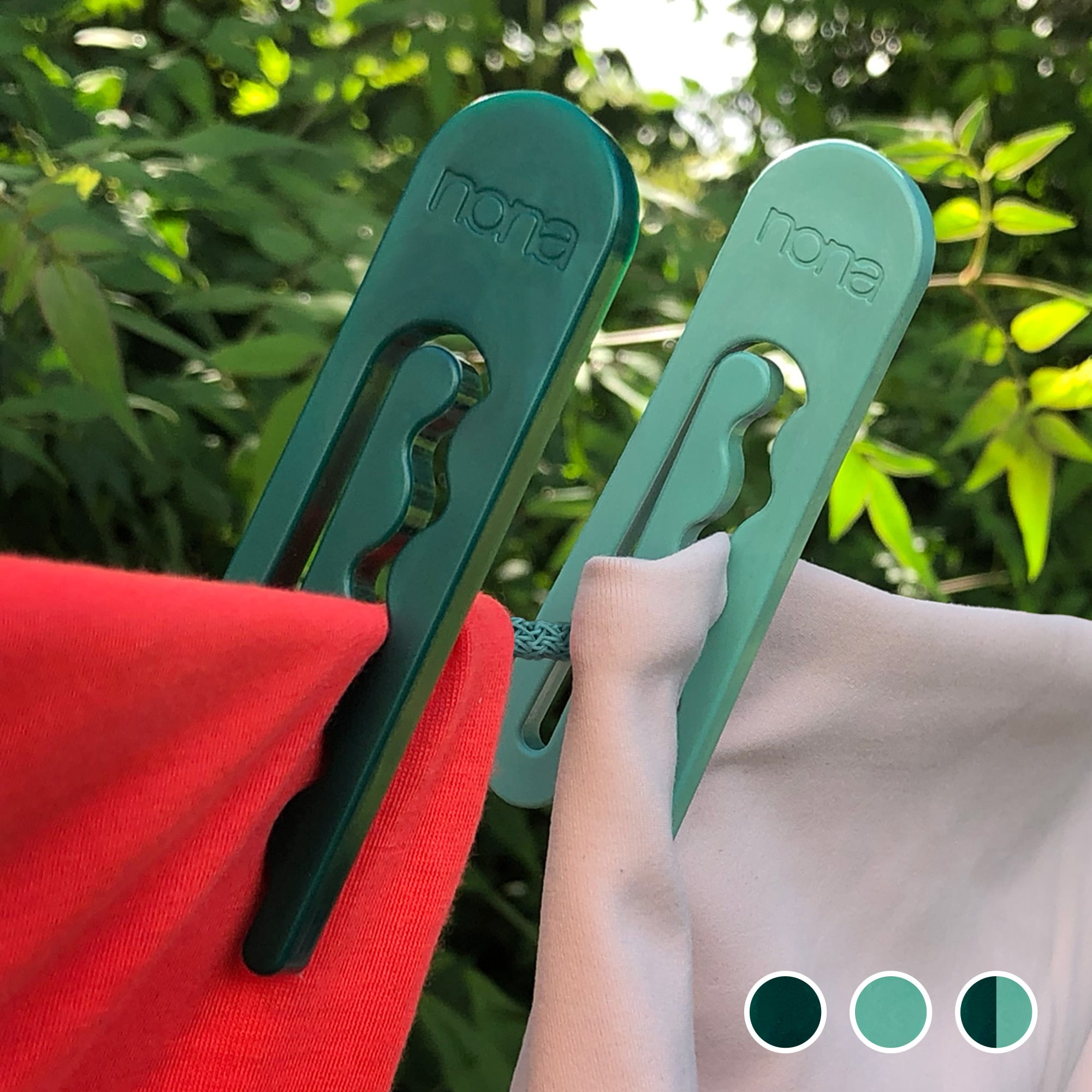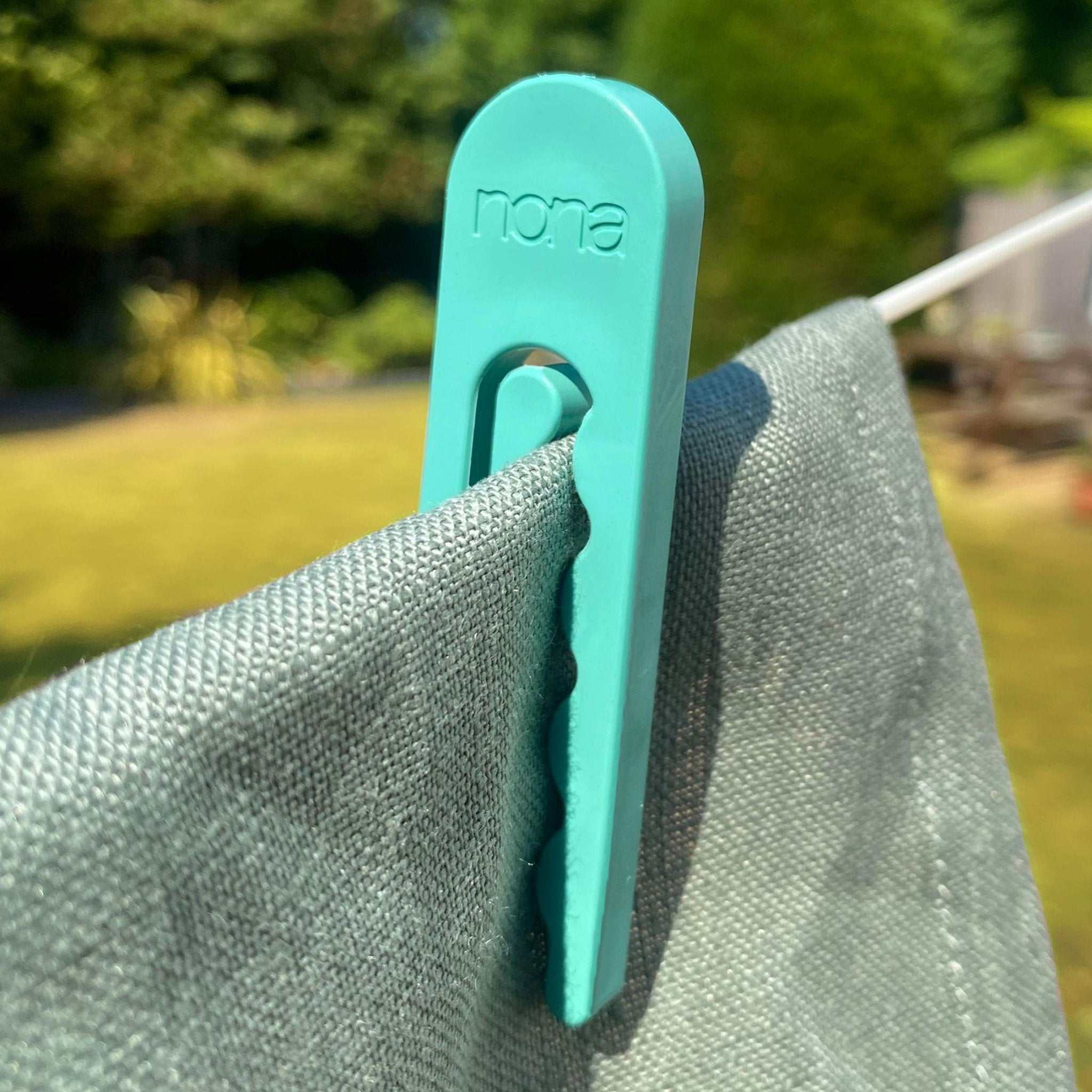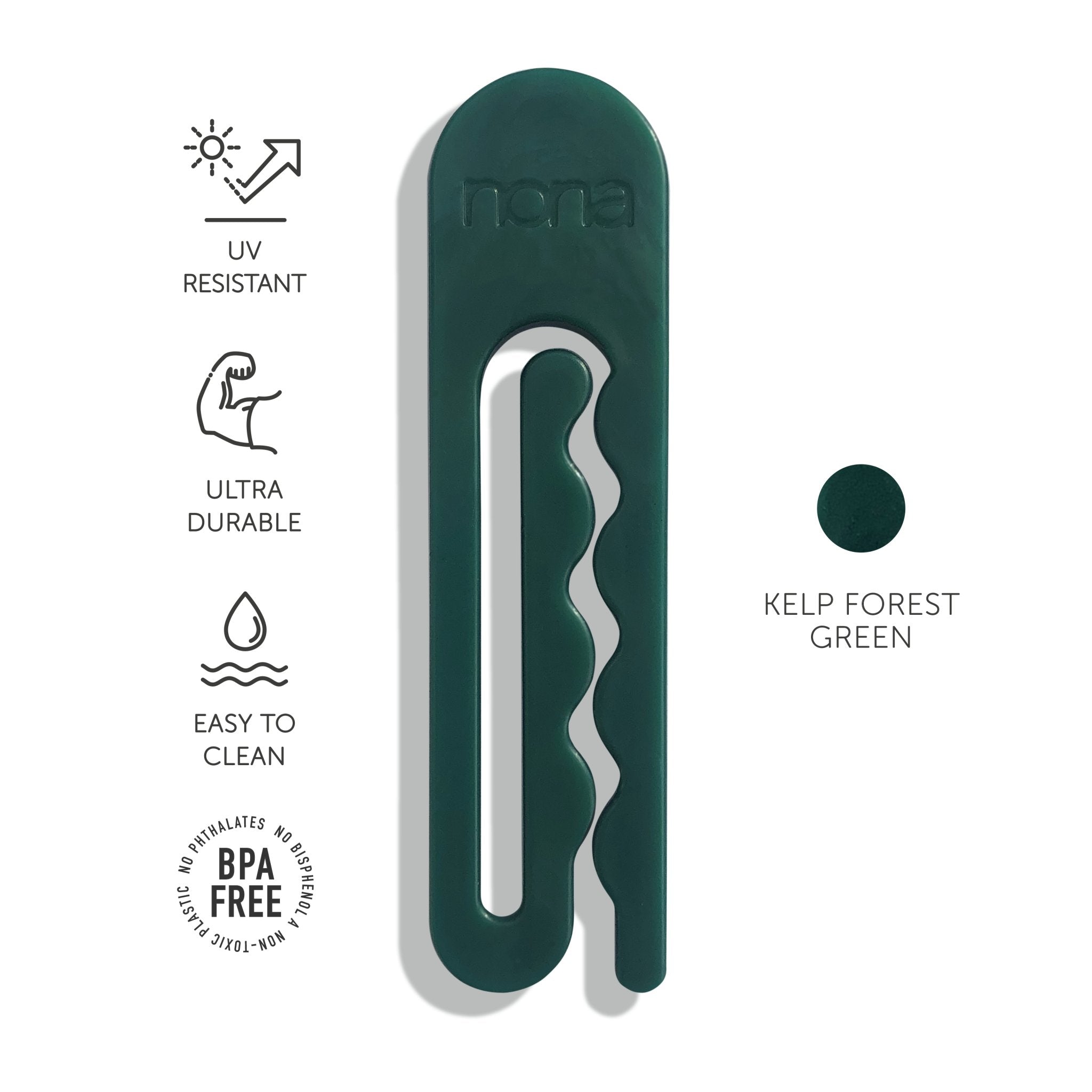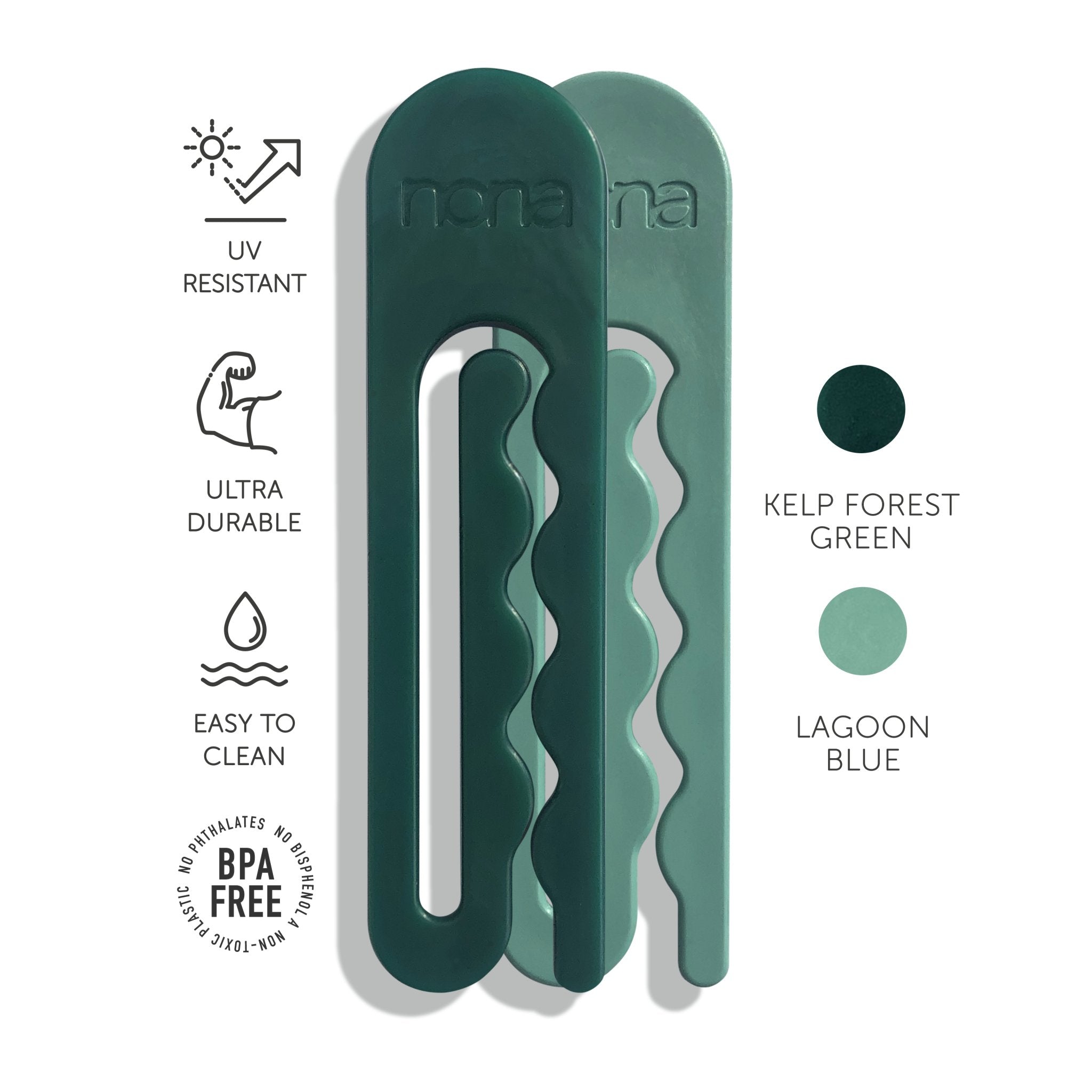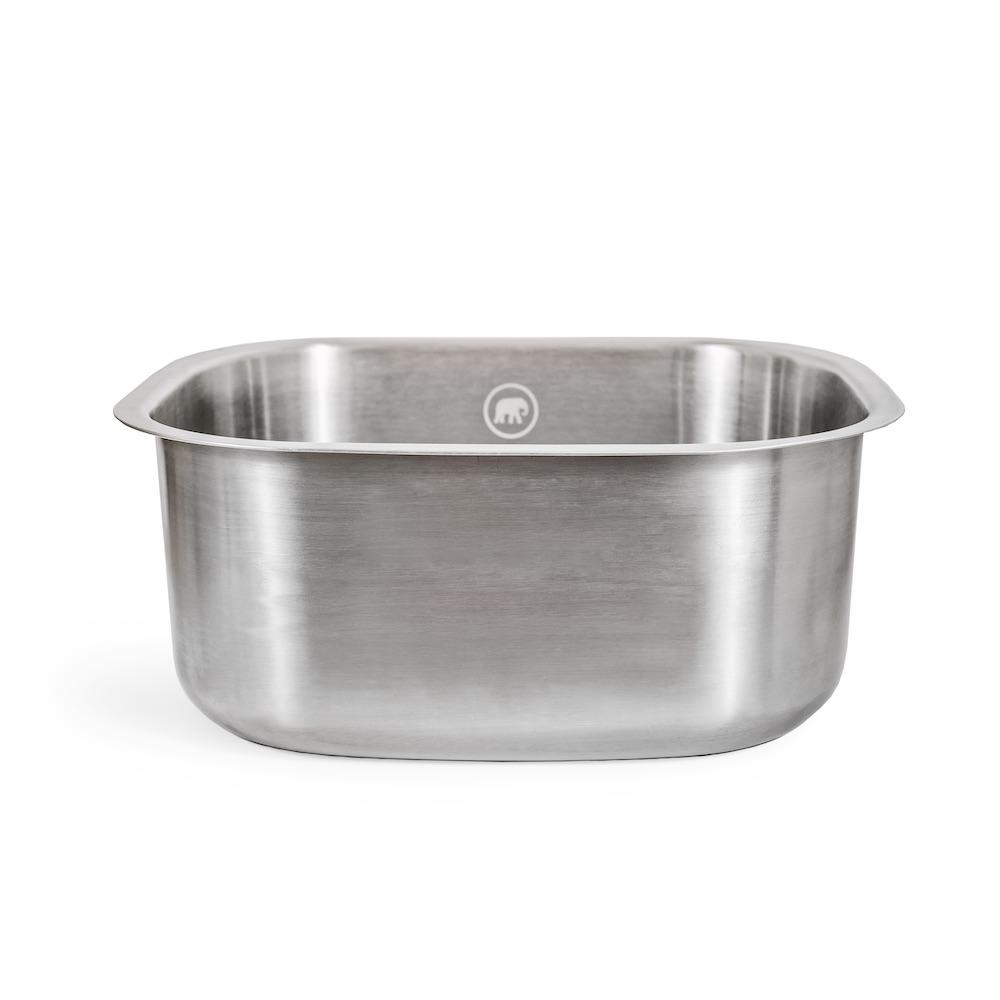The home office is a huge area where waste can be reduced, but many of these tips can be applied to commercial offices as well. Try making changes at work too. Most employees (and bosses!) love the idea, especially when they see the impact on a larger scale! Keep the principles of the Zero Waste Pyramid in mind: refuse, reduce, reuse, repurpose, recycle, and rot.
PAPER
We can all reduce our daily paper use. Although it is recyclable, making paper is an energy-consuming process and not always the best option. Here are some tips to cut down on the amount of paper you use:
- Buy recycled printing paper and envelopes from sustainable sources; check the packaging to ensure it does not come in plastic; and consider buying from local thrift/charity stores – they often have many second hand office supplies.
- Unsubscribe to any postal mailings and sign up for emails instead. Cancel your phone directories, since nearly everything is available online.
- Email documents and invoices instead of printing them, and only accept paper receipts if you need them – some companies will email receipts if you ask.
- Rather than always using a new piece, consider using scrap bits of paper for notes/to-do lists, and if possible reuse old envelopes/packaging. Jiffy bags can be used again and again.
Think about buying lick-on rather than stick-on stamps. Stick- on stamps come with a plastic lined paper backing which adds to waste production and can be difficult to recycle.

WRITING INSTRUMENTS
Most of us are guilty of grabbing free pens, but these are generally cheaply made, break easily and end up in landfill. Consider buying a pen that lasts for life! Fisher pens are well made, a good investment and will last, and fountain pens with refills or ink bottles are longer lasting and more eco-friendly.
Avoid highlighters as they are destined for landfill; instead, try highlighter pencils or colouring pencils.
A new find I love is Sprout’s plantable pencils: once they are all used up, you plant them and they will grow into a plant!
DESKTOP SUPPLIES
Continue to use what you have, but here are some suggestions for replacements:
- Stapleless Staplers remove the need for staples and reduce waste – there are loads on the market, so find one that suits your needs.
- Reuse paper clips that you have received to save getting new ones.
- Use a recycled hole punch if you need to buy a new one.
- Use the calculator on your phone or computer, or get a bamboo or recycled, solar-powered calculator.
- There are loads of eco-friendly alternatives to sellotape. I haven’t used sellotape in over a year and do not miss it! Paper tapes are your best options for packaging and are recyclable. You can buy adhesive paper tape or water activated gummed paper tape. Masking tape (which is made from paper) is a good emergency alternative!
- Use external hard drives and memory sticks rather than CDs.
- Reuse old folders and try not to buy plastic. Go for recycled binders if you need to buy new ones, and buy recycled notebooks or just use scrap paper.
PRINTING
Try to only print if you really need to. If you do, think about printing at the library or internet cafes – this will save you some money in the long run and uses equipment that is already present for public use.
If you need to invest in a new printer, buy one that will last for many years. Buy recycled ink and recycle used ink cartridges. You can occasionally get these refilled depending on what services are available in your local area. Additionally, always print double-sided and in black and white draft mode, unless it is an important document.
Also, use the Ryman Eco font. This font has been designed to use on average 33% less ink and is free to download.
ELECTRICAL ITEMS
In today’s world we all use computers, tablets and smartphones for our day-to-day business. Try and buy items that are built to last. Many companies encourage a “buying culture” of always needing to have the most recent product. There is so much electronic waste and many throw away items that are working perfectly fine for a new model. If your electronic item does become faulty try get it repaired rather than buying new. If that is not possible you can recycle a lot of electronic items. Goodwill accept electrical item donations and refurbish and sell units in their stores. Donating an old computer is worth the equivalent of 5.3 hours of career counselling at Goodwill for someone who needs it.
BOOKS
Use your local library to read books and magazines. Borrow books from friends, and check out local book swaps and charity stores. Sell what books you don’t need (you will be surprised at how much you can get for them on Amazon or Gumtree.) The digital age also makes it easy to download books directly to your smartphone, computer, or kindle, and audiobooks are great when out and about or driving.
![]()
Other articles in this series:
11 Alternatives for Bathroom Essentials | A Rubbish-free Bedroom in 7 Easy Steps








